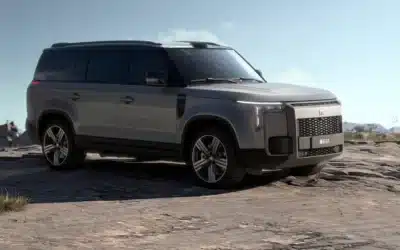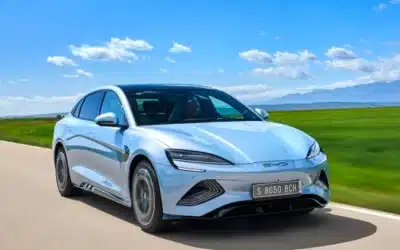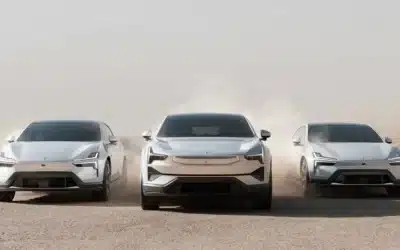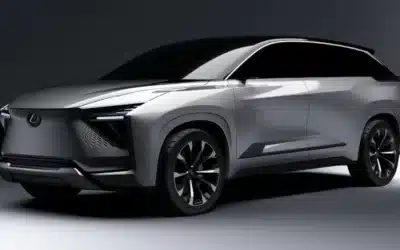
PwC Middle East has unveiled its eMobility Outlook 2025 – Qatar Edition, presenting an ambitious roadmap designed to expedite the nation’s transition to sustainable transportation. This initiative dovetails with the Qatar National Vision 2030 and the Electric Vehicle Strategy 2021, focusing on harnessing electric vehicles (EVs) to invigorate economic growth, redefine mobility, and promote cleaner energy solutions.
As Qatar embraces the electrification of transport, EV sales are predicted to make significant strides, with estimates suggesting they could represent 24% of new vehicle sales by 2035. This projection includes Battery Electric Vehicles (BEVs) making up 14% and Plug-in Hybrid Electric Vehicles (PHEVs) contributing 9.6%. Driving this shift are robust national policies, burgeoning charging infrastructure, and a burgeoning appetite for low-carbon transport options.
Heiko Seitz, the Global eMobility Leader and Partner at PwC Middle East, emphasised the rapid advancements in Qatar’s sustainable mobility initiatives. “With strategic public-private collaboration, forward-looking regulation, and targeted investment, the country is laying the groundwork for widespread EV adoption,” he stated. This commitment is further highlighted by the Ministry of Transport’s efforts, demonstrating progress with over 73% of Qatar’s public bus fleet already electric. Notable collaborations with entities like Yutong, ABB E-mobility, and the Public Works Authority (Ashghal) are establishing solid foundations for vehicle assembly, EV training, and service centres.
Transitioning to electric mobility could lead to a reduction in transport-related CO₂ emissions by nearly 5% by 2035, despite an expected increase in vehicle volume from 1.7 million to 2.3 million. Impressively, demand for electricity from EVs is projected to account for less than 1% of the country’s total power consumption by then, with Qatar well-equipped to meet this demand through renewable energy sources.
The PwC report outlines essential strategies to sustain this momentum. Infrastructure development stands out as a priority; creating fast-charging corridors in urban and interstate areas is deemed critical for supporting the increasing demand and ensuring user accessibility. Moreover, innovations in thermal resilience, particularly adaptive thermal management systems, are highlighted as crucial for maintaining battery performance in Qatar’s high summer temperatures.
Cost competitiveness is another focal point. While owning a private EV may still present a higher initial expense, commercial fleets in Qatar have reportedly achieved cost parity. This is facilitated through bulk procurements, efficient usage, and operational incentives, effectively enhancing long-term value for fleet operators.
To encourage broader acceptance of EVs, market accessibility must expand. Currently, over 90% of vehicles sold in Qatar are still traditional internal combustion engine models. To promote a paradigm shift in consumer behaviour, the introduction of affordable EV options, coupled with supportive policies and financial incentives, is vital.
The emerging domestic EV brand, Ecotranzit, alongside strong interest from international OEMs, signals growing momentum in the market. Initiatives such as green financing, tax incentives, and clear policy frameworks are further propelling this transition.
Bassam Hajhamad, Qatar Country Senior Partner and Consulting Leader at PwC Middle East, remarked that “the transition to electric mobility represents both a strategic imperative and a significant opportunity.” He underlined Qatar’s potential to lead the regional charge in developing a cleaner, more efficient transport ecosystem, contingent on continued innovation, robust policy backing, and investment.
PwC’s eMobility Outlook serves as a clarion call for cooperation among government, industry stakeholders, and investors to foster innovation and propel Qatar into a leadership role in the global clean transport movement. Qatar stands at a pivotal moment in its journey toward electrifying transport and achieving sustainability goals, and the actions taken today will shape the nation’s future mobility landscape.











